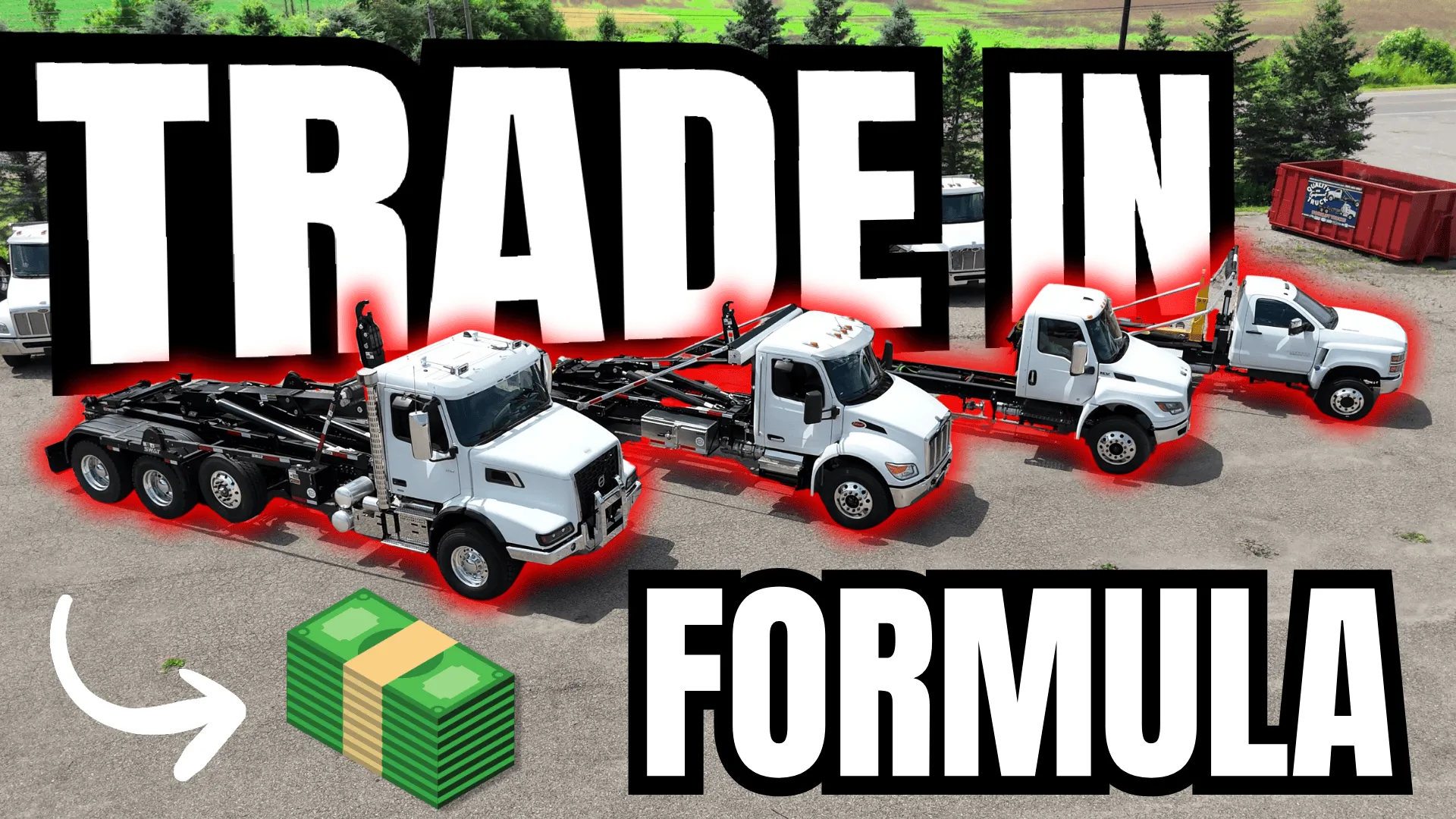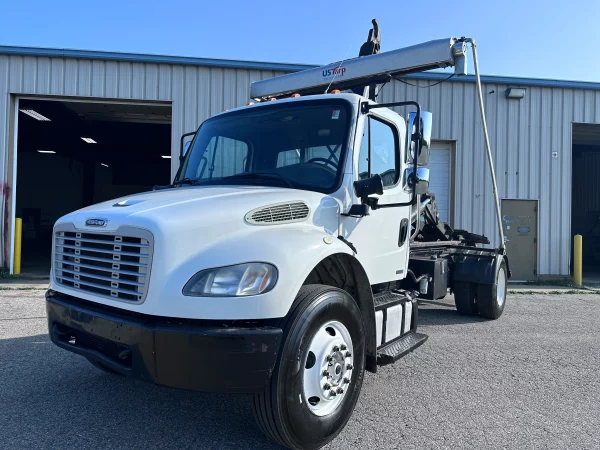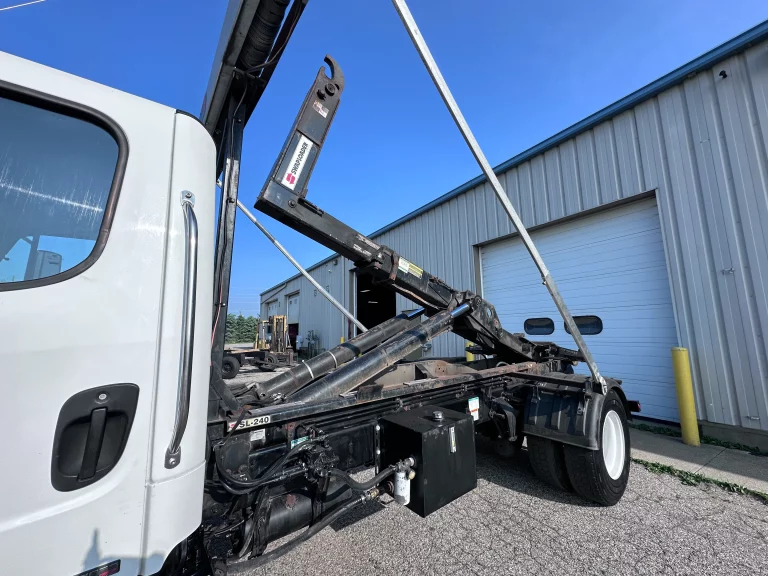Used Hooklift Truck Trade-In Guide: Upgrade Smarter, Save More
Whether you’re in waste hauling, construction, or equipment rental, a hooklift truck trade-in can be one of the smartest financial moves for your business. By understanding the right timing, maintenance habits, and upgrade strategy, you can maximize your truck’s value and keep your fleet modern, efficient, and reliable.

Whether you’re in waste hauling, construction, or equipment rental, a hooklift truck trade-in can be one of the smartest financial moves for your business. By understanding the right timing, maintenance habits, and upgrade strategy, you can maximize your truck’s value and keep your fleet modern, efficient, and reliable.
Why a Planned Trade-In Strategy Pays Off
A hooklift truck—such as those equipped with a SwapLoader hoist—is built to handle years of heavy-duty work, but like all equipment, it has a peak value window. Trading in every 3–5 years often offers the best return because:
Depreciation slows after the first few years, but condition still impacts resale
You avoid expensive major repairs that can appear in older units
Newer trucks and hoists have better fuel efficiency and safety features
You maintain a newer fleet image, which matters for customer perception

How to Maximize Your Hooklift Truck’s Trade-In Value
Stick to a Preventive Maintenance Schedule
Regular oil changes, hydraulic service, and chassis inspections protect your investment. Manufacturers like SwapLoader USA recommend following factory service intervals to keep hoists operating at peak performance.Keep Detailed Service Records
Documenting every oil change, hoist inspection, and repair builds buyer confidence and can increase your trade-in value.Address Minor Issues Quickly
Fixing hydraulic leaks, electrical faults, or small cosmetic damage now prevents bigger deductions during appraisal.Clean and Present the Truck Well
A clean truck with a well-maintained SwapLoader hoist looks cared for and can boost perceived value.Consider Timing Around Market Demand
Selling in spring and summer—when construction and waste hauling demand spikes—can sometimes bring higher offers.

What Dealers Look for in a Hooklift Truck Trade-In
When you bring in your truck for a valuation, dealers will typically consider:
Make, model, and year of chassis
Brand and capacity of the hoist (e.g., a 20,000–50,000 lb. SwapLoader)
Mileage and hours of operation
Condition of hydraulics, controls, and body
Any upgrades or additional attachments included
Why Trade In Instead of Selling Privately?
| Benefit | Trade-In Advantage |
|---|---|
| Time Savings | No need to advertise, negotiate, or handle financing |
| Immediate Credit | Apply trade-in value directly to your upgrade |
| Market-Based Pricing | Transparent valuations based on real sales data |
| Reduced Downtime | Seamless transition into your next truck |
The Bottom Line
A smart hooklift truck trade-in strategy—especially for trucks equipped with proven hoists like SwapLoader—can keep your fleet running efficiently while maximizing your return on investment. By following a maintenance schedule, keeping records, and trading on a 3–5 year cycle, you’ll get top dollar for your old truck and a smoother path to the next upgrade.
